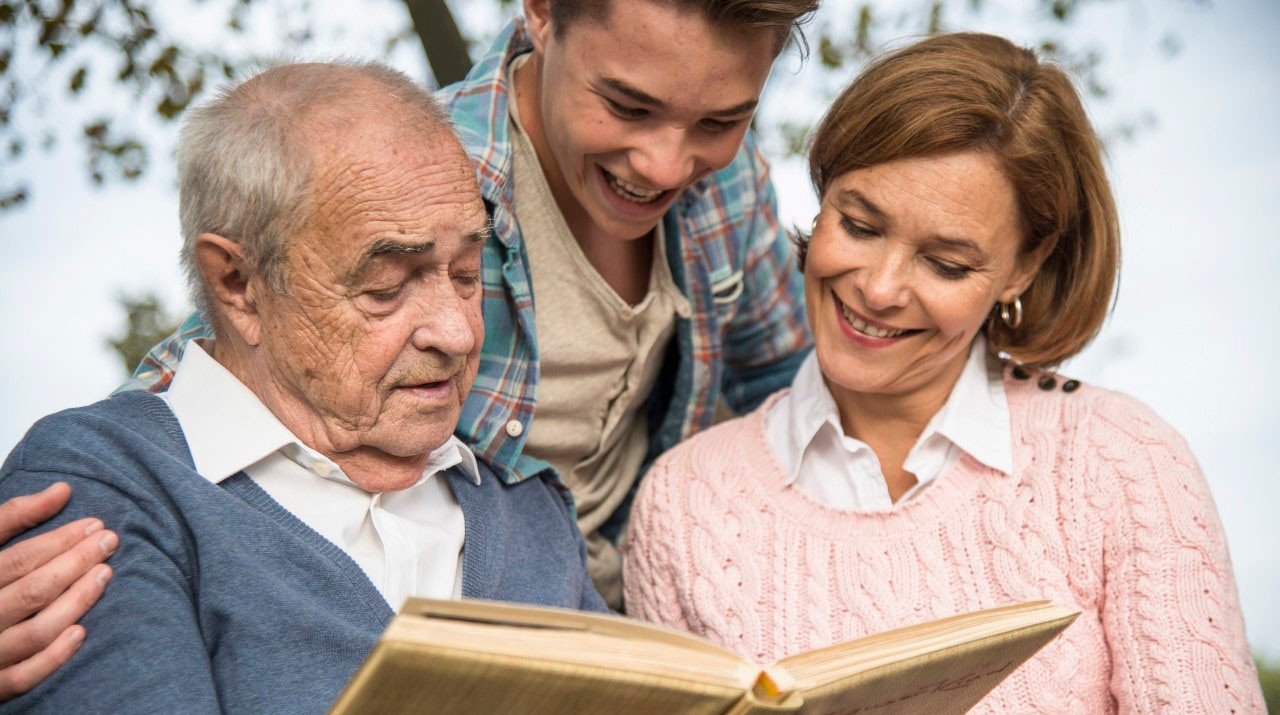Boomers Caring for Parents

Keep things manageable: Spread caregiving duties among a bigger group.
You’ve just retired. It’s your time to travel and write that mystery novel. Except it’s not. Your mother just broke her hip and, when she leaves the hospital, she’s coming to live with you.
You’re not alone. About a quarter of adult children provide care, financial assistance, or both to a parent, according to a joint study of the National Alliance for Caregiving, the Center for Long Term Care Research and Policy at New York Medical College, and the insurance company MetLife. The need is expected to increase, as Americans live to older ages. Among people age 75 and up, more than 10 percent require help with personal care. Among seniors older than 65, 59 percent have trouble with at least one common activity, and 11 percent have Alzheimer’s disease, the most common form of dementia. The number of dementia cases is expected to double by 2050.
YOU MIGHT ALSO LIKE: Don't Get Sick While You're Tending Mom
Perhaps Dad says he’s fine, but you’re not sure. Some 20 percent of those over the age of 65 report at least one difficulty with self-care, getting around the house, cooking, shopping, paying bills, or handling medical issues — but are not getting help. Should Dad fall or burn himself, a small need could turn into a big one. Often investing in home remodifications can help him live independently for longer. Small things — like automatic lighting from the bedroom to the bathroom — can prevent falls. Especially if he seems down, encourage him to exercise, which boosts mood at all ages. Walking, light aerobics, or swimming can go a long way.
Caregiving isn’t as bad as it sounds. Only 10 percent of unpaid caregivers reported “substantial negative aspects,” on average, according to an analysis of government survey data by Brenda Spillman, a senior fellow at the Urban Institute, and other researchers. For most, caregiving was a plus. Nearly 70 percent said that they felt closer to the recipient. More than half said they felt they’d benefited from learning to deal with difficult situations.
The most common tasks are assisting with shopping, transportation, or dealing with the healthcare system. About half help keep track of medications.
You’re most likely to feel that caregiving is becoming a burden if you have your own health problems or are helping someone with dementia. In another survey, many caregivers in poor health said it had declined since they began giving care. Spending 36 hours or more a week tending a parent doubled the chance of anxiety and depression in a study of women caregivers over four years.
The key to keeping things manageable may be spreading the duties among a bigger group. Most elders have potentially three or more members in their informal network who might help, but rely on only one or two. Daughters provide 13 more hours a month of care than sons. Beyond the inner circle, friends, granddaughters, and daughters-in-law are the most likely helpers. Some 60 to 75 percent of caregivers are women. Can the men in your parent’s world do more or pay for services? Siblings who live long-distance might think about chipping in by doing research online; handling phone calls to home health services, doctors and lawyers; or managing finances.
If you’ve offered help but have met with surprising resistance from a primary caregiver — even when you thought you had a good relationship — you may have reason for concern. Isolating an elder from family and friends is considered a sign of elder abuse, the National Center on Elder Abuse advises. Be especially wary if the person in charge is emotionally or financially dependent on the elder, or has a history of addiction or mental illness.
On the other hand, it’s easy to trigger old resentments among siblings, especially if money or cherished possessions are at stake. David Okrent, a New York elder and estate law attorney, suggests documenting all valuable possessions when a parent comes to live with you or vice versa. "Put together a list of assets and even take pictures of the house and its contents so the other kids can't come forward later and say, 'While you were there as a caregiver, you took away the baby grand piano!'"
Updated:
April 07, 2020
Reviewed By:
Christopher Nystuen, MD, MBA